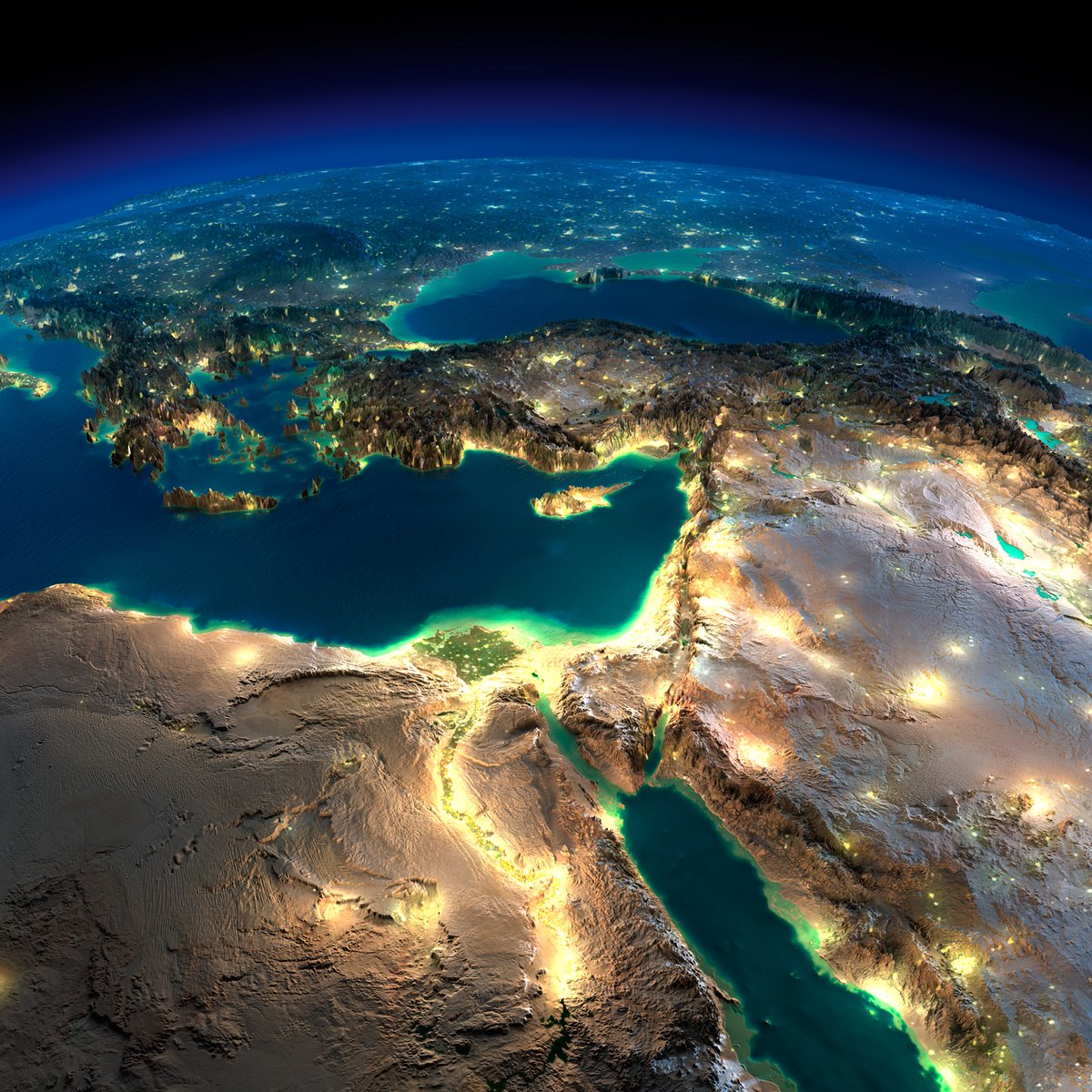Here is an idea from my essay on #Shemot, "Faith in the Future": 🇬🇧 bit.ly/2NtrwFT / 🇮🇱 bit.ly/2NrP5Pi / 🇪🇸 bit.ly/2tn6H7U / 🇫🇷 bit.ly/2u4JGXj / Family Edition bit.ly/2NqMW6i / Listen spoti.fi/33Npq9s. #ShabbatShalom 

Human action is always oriented to the future. I put the kettle on because I want a cup of coffee. I work hard because I want to pass the exam. I act to bring about a future that is not yet.
#Science cannot account for the future because something that hasn’t happened yet cannot be a cause. Therefore there will always be something about intentional human action that science cannot fully explain.
When #God said, “I will be what I will be,” He was telling us something not only about God but about us when we are open to God and have #faith in His faith in us.
We can be what we will be if we choose the right and the good. And if we fail and fall, we can change because God lifts us and gives us strength. And if we can change ourselves, then together we can change the #world.
We cannot end evil and suffering but we can diminish it. We cannot eliminate injustice, but we can fight it. We cannot abolish sickness but we can treat it and search for cures.
Whenever I visit #Israel, I find myself awestruck by the way this ancient people in its history-saturated land is one of the most future-oriented nations on earth, constantly searching for new advances in medical, informational, and nano-technology.
Israel writes its story in the future tense. And the future is the sphere of human #freedom, because I cannot change yesterday but I can change tomorrow by what I do today.
• • •
Missing some Tweet in this thread? You can try to
force a refresh









